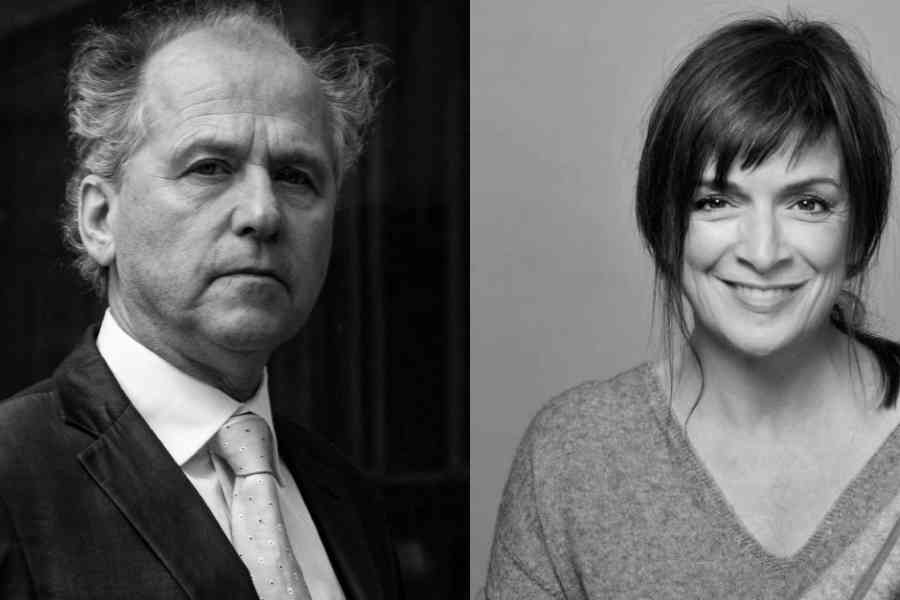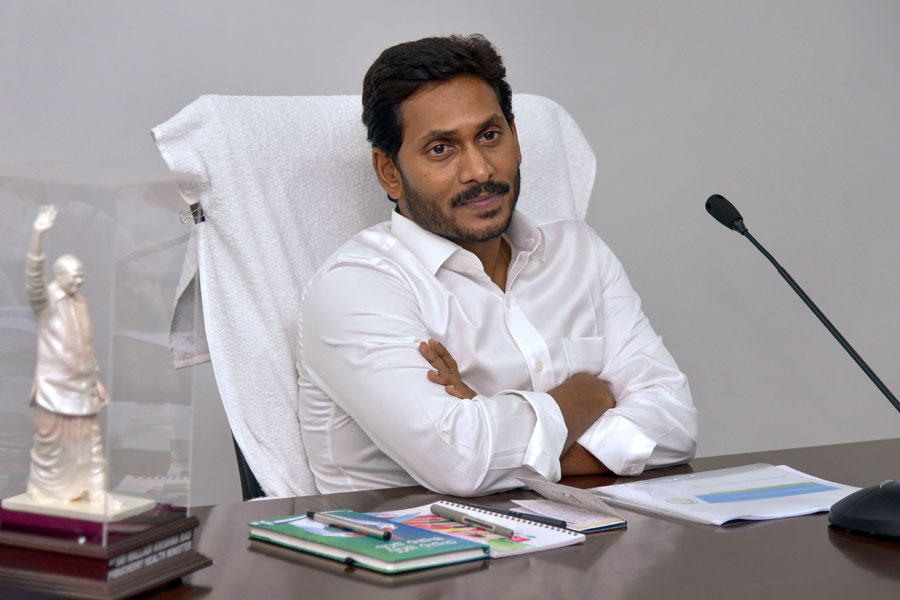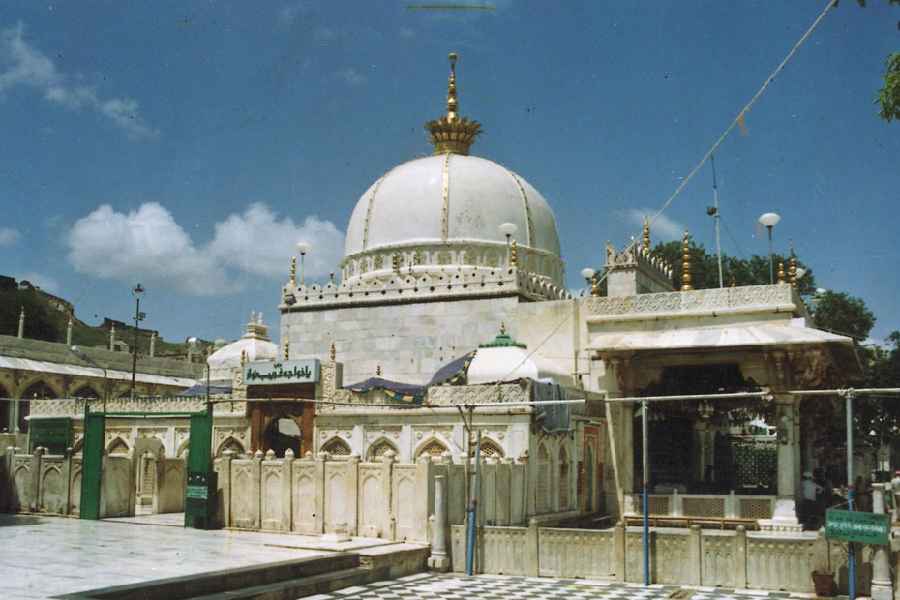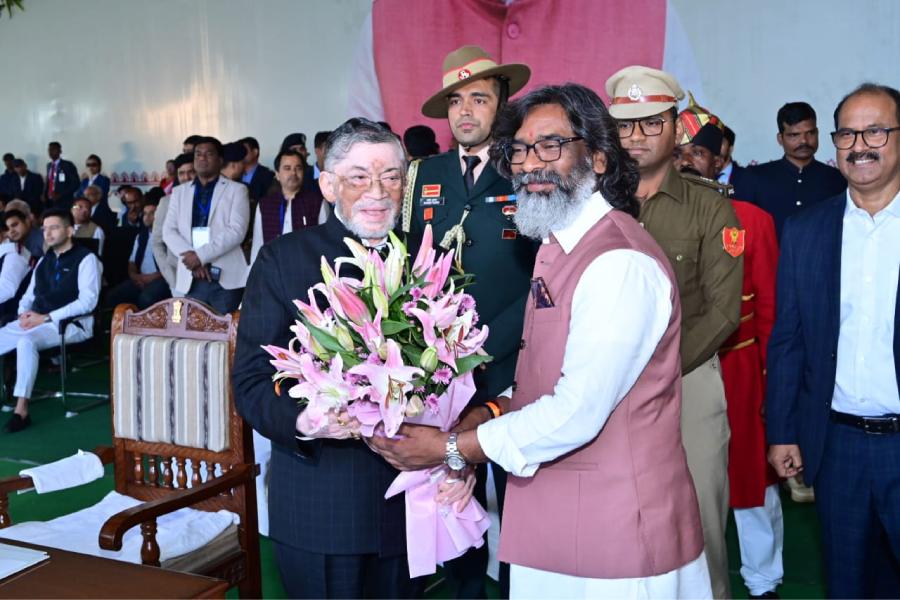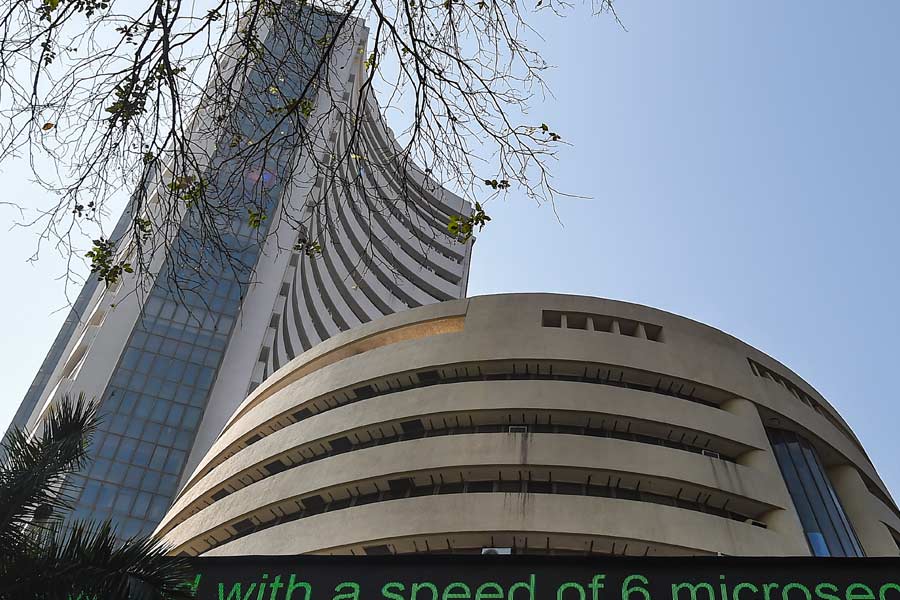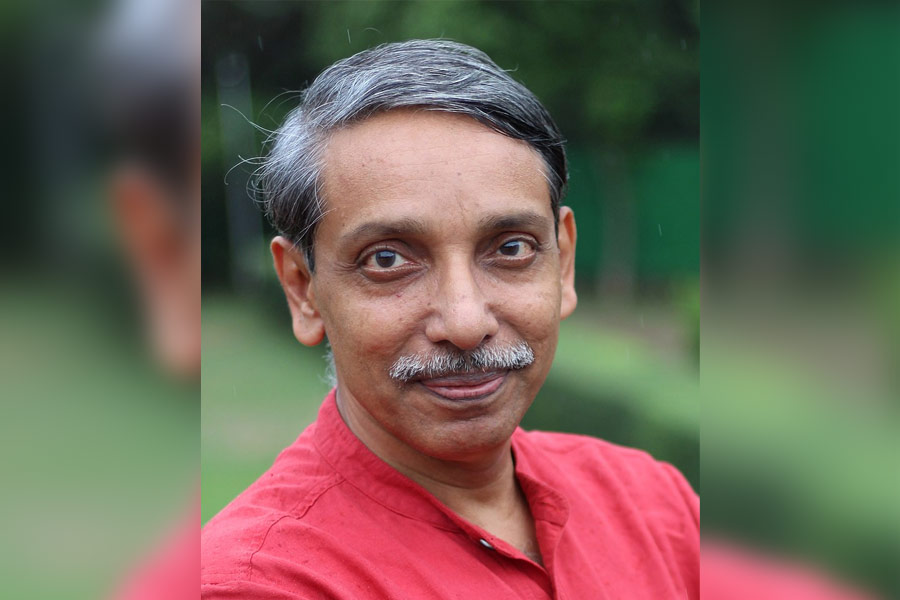Vienna, the city of dreams, with its opulent architecture and rich history, has always fascinated me. But beneath its charming exterior lies a deep-seated association with death that has permeated its culture and art for centuries. This duality of Vienna — its beauty intertwined with a melancholic undercurrent — has inspired my latest film, Albrechts Letzter Tag (Albrecht’s Last Day). As I prepare to bring this story to life, I’m honoured to work with an exceptional team of actors and technicians to craft an Indo-Austrian film that melds the German and English languages, capturing the essence of this enigmatic city.
Vienna’s streets are a living museum, where every corner tells a tale from the past. The grand palaces and cathedrals stand as testaments to a bygone era of imperial grandeur. However, this city is also a repository of stories about mortality, evident in its art, music, and even its architecture. From the baroque magnificence of the Hofburg Palace to the somber serenity of the Zentralfriedhof, Vienna embodies a unique blend of life and death.
This juxtaposition is what drew me to set Albrecht’s Last Day in Vienna. The city’s history with death — from the tragic demise of its Habsburg rulers to the macabre fascination with its crypts and cemeteries — provided a perfect backdrop for my film. This story, centred around the last day of a man’s life, finds a profound resonance in Vienna, where death is both mourned and celebrated.
The concept of Albrecht’s Last Day germinated from my own reflections on mortality and how different cultures perceive it. In Vienna, death is not merely an end but a continuum of existence, deeply embedded in the cultural fabric. The city’s music, especially the works of Mozart and Schubert, often contemplates themes of death, adding layers of complexity to their compositions. And, I would like to mention my deep conversations with Bernhard Kammel, the producer of this film, that has been instrumental in shaping my opinions about this film.
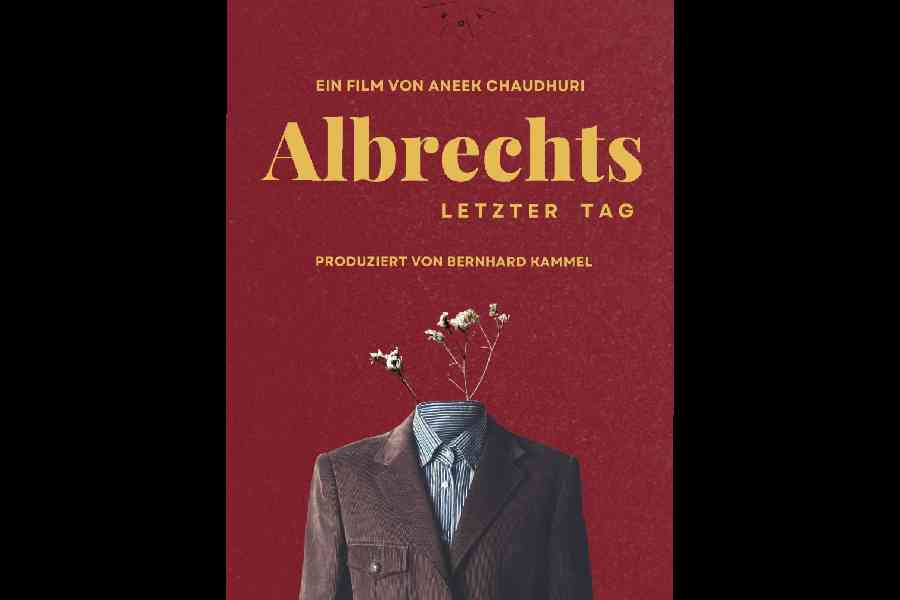
In crafting the narrative for Albrecht’s Last Day, I envisioned a story that delves into the psyche of a man on his final day, navigating the intersections of memory, regret and acceptance. The protagonist, Albrecht, is an embodiment of the Viennese spirit — a man who has lived a full life, now confronting his mortality with a blend of introspection and defiance.
Bringing Albrecht’s story to life is a talented ensemble of actors, each bringing their unique flair to the project.
Michael Walde-Berger plays the titular role of Albrecht in this film. While Joanna Godin-Seidl plays Adele, Usha Banerjee portrays the character of Albrecht’s daughter Diya and Tamalynne Grant plays Emilia.
Michael Walde-Berger’s career spans performances in the US, Germany and Austria, both on television and in feature films. He has worked with notable actors like Rod Steiger, William Hurt and Donald Sutherland in productions such as Mary Shelley’s Frankenstein, Urban Menace, Hidden Fears and Seven Sundays.
Tamalynne has been chosen through a series of auditions and I found her to be the best; she was apt for the character of Emilia. She plays Adele’s daughter and Joanna as Adele was an automatic choice. Thankfully, I have got a series of collaborators for this film in the form of Joanna, Bernhard and Usha Banerjee. It’s really great to have someone like Usha in the team as she is the first person to point out the flaws in my script; Joanna, my very trusted friend, is helping me with a hell lot of things.
Directing Albrecht’s Last Day is an honour and a challenge that I eagerly embrace. The opportunity to create an Indo-Austrian film in both German and English is a testament to the universality of storytelling. This film is a celebration of cultural convergence, where diverse artistic traditions come together to tell a deeply human story.
The visual narrative of Albrecht’s Last Day will be shaped by Arijit Bose, a cinematographer whose work I deeply admire. Bose’s ability to capture the essence of a location and translate it into compelling imagery is crucial for a film set in a city as visually rich as Vienna.
Sound design plays a pivotal role in immersing the audience in the world of the film. Arun Rama Varma, with his expertise in creating evocative soundscapes, will design the auditory experience of Albrecht’s Last Day. Varma’s work will complement the visual storytelling, weaving in the ambient sounds of Vienna and the musical undertones that reflect the film’s themes.
Producing this ambitious project is Bernhard Kammel, whose vision and support have been instrumental in bringing Albrecht’s Last Day to fruition. Kammel’s experience in the film industry and his passion for storytelling ensure that the project is in capable hands. His belief in the film’s potential to resonate with a global audience has been a driving force behind its development.
As we embark on the filming of Albrecht’s Last Day this winter, the season itself adds another layer of symbolism to our story. Winter in Vienna is a time of quiet reflection, where the city’s beauty is draped in a serene, almost ethereal, stillness. The snow-covered streets and the crisp, cold air create a backdrop that mirrors Albrecht’s internal journey — a landscape of contemplation and resolution.
The process of making this film is not just about telling a story but about capturing the essence of Vienna and its intricate dance with death. It’s about exploring how different cultures intersect and how universal themes can be expressed through a localised lens. The collaboration between Indian and Austrian artists and technicians is a celebration of diversity and a testament to the power of storytelling to transcend boundaries.
Directing Albrecht’s Last Day is more than a professional endeavour; it’s a deeply personal journey. As a filmmaker, I have always been drawn to stories that explore the human condition, and this film allows me to delve into themes of mortality, memory, and reconciliation. The inspiration from Vienna’s historical and cultural landscape has given me a unique lens through which to examine these universal truths.
The city’s relationship with death, both in its history and its art, offers a rich tapestry of inspiration. From the haunting beauty of the Zentralfriedhof, where Beethoven and Schubert rest, to the evocative paintings of Egon Schiele, Vienna’s artistic heritage is imbued with a profound understanding of mortality. This awareness permeates every frame of Albrecht’s Last Day, making it a film that is as much about life as it is about death.
This journey from Bengal to Vienna is not just a geographical transition but a significant evolution in my artistic journey. It symbolises the blending of experiences and cultures, creating a tapestry of stories that speak to universal human experiences. The challenges of working in Bengal have prepared me for this moment, and the opportunity to direct Albrecht’s Last Day in Austria feels like a rewarding leap forward.
Transitioning to this project from my previous work in Bengal has been both exhilarating and reflective. Working in Bengal has shaped me as a filmmaker, honing my skills amidst the region’s vibrant yet challenging environment. The cultural richness and artistic heritage of Bengal have always been inspiring, but the path has not been easy. The logistical hurdles, budget constraints, and sometimes the struggle to find the right audience have been persistent challenges.
In Bengal, every project required a fight — a fight for resources, a fight for creative freedom, and sometimes a fight for recognition. The limited infrastructure often meant improvising solutions and making the best out of minimal resources. However, these experiences taught me resilience and innovation, essential traits that I now bring to this international collaboration.
Albrecht’s Last Day is a film born out of the timeless allure of Vienna and its deep connection with death. It’s a story that transcends cultural boundaries, bringing together a talented cast and crew from Austria and India to create a film that speaks to the universal human experience. As we begin filming this winter, I am filled with anticipation and gratitude for the opportunity to direct such a meaningful project.
This film is a tribute to Vienna, a city that has inspired countless artists and thinkers with its beauty and its contemplation of mortality. It’s a testament to the power of collaboration, where diverse voices come together to tell a single story. And most importantly, it’s a reflection of our shared humanity, reminding us that in the end, we are all connected by our experiences of life and death.

